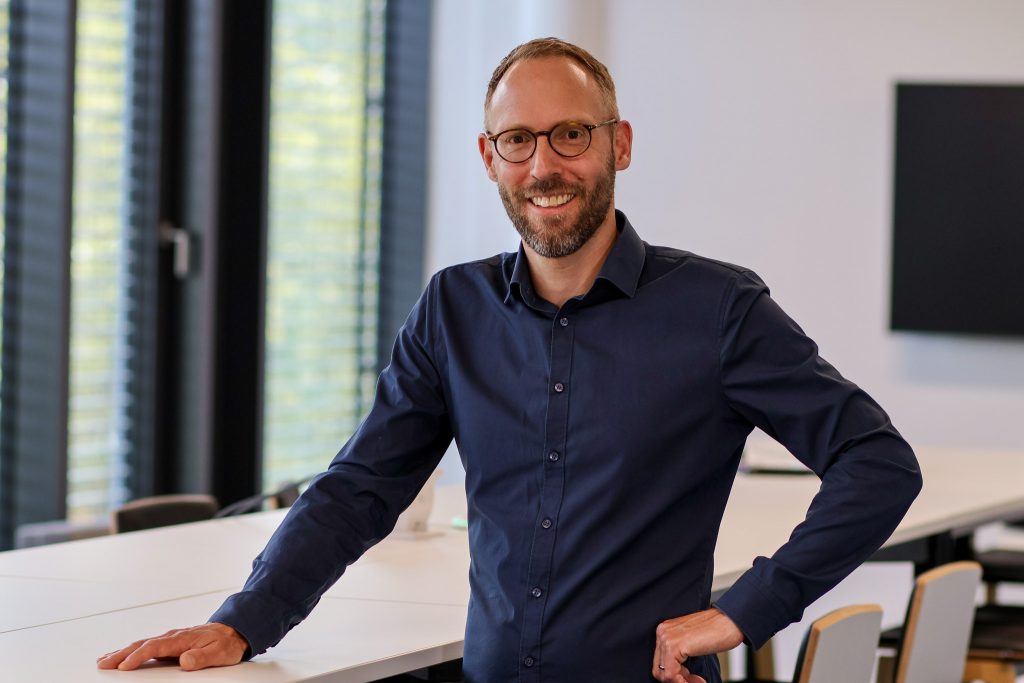With the ICANN78 Annual General Meeting a key event is taking place in the vibrant Hanseatic city of Hamburg. From October 21 to 26 around 2,500 stakeholders from research, the tech community, politics, business and civil society from all over the world are expected to take the opportunity and come together to discuss the future of the internet. As part of the Registrar stakeholder group IONOS will be heading out to explore ICANN78 and talk about key topics such as DNS Abuse, the next round nTLDs and the impact of the European NIS2 regulations.
Exploring the key discussions at the ICANN meeting
The ICANN conference in Hamburg is not only a gathering of experts, but also a hub for addressing important issues affecting the digital world and shape of the future internet. It’s where discussions, decisions, and collaborations take place to ensure that the Internet remains safe, innovative, and accessible to everyone, regardless of their location.
Much of the conversation at ICANN revolves around this important aspect of digital security and stability. The fight against cybercrime remains an important issue. The abuse of domain names and the DNS to facilitate cybercriminal activity has long been a problem in the digital landscape. The domain and DNS industry is aware of its role in this. Therefore, registrars and registries are now voting on the 2024 global amendment to the 2013 Registrar Accreditation Agreement (RAA) and Base gTLD Registry Agreement (Base RA).
„An important step in combating cybercrime is the renegotiation of registrar contract terms. Companies like IONOS are among those supporting these proposed changes requiring stricter compliance with anti-abuse guidelines and procedures.“ says Neal McPherson, Head of Domain Product Management at IONOS.

The next round of nTLDs
In 2012, a window opened for applications to submit new domain extensions, or top-level domains (TLDs). Of those, more than 1400 domain endingswere then launched starting in 2014. Now, ICANN has announced the next application window for 2025/26.
„This is an exciting opportunity for brands to secure their own TLD, such as .ionos, or for cities to further digitise their brand identity, as .berlin, .hamburg, .nrw and .bayern have already successfully done,“ says Neal McPherson. „In addition, emerging technology trends related to the TLDs in the upcoming award will drive interest. For example, topics like blockchain and crypto were not on the radar ten years ago. The same goes for AI, which is transforming the entire digital industry – including the domain business.“
Many conversations around ICANN78 will also revolve around how AI can be integrated into domain and DNS services, providing new capabilities and improved management tools.
Navigating NIS2 legislation: the European perspective
The Network and Information Systems Directive 2 (NIS2) is an EU directive that aims to strengthen cybersecurity in the European Union by setting standards and regulations for the security of networks and information systems, and will come into force in 2024. Domains play a role in this, and the biggest challenge is to seamlessly integrate the requirements and processes of the new legislation into domain systems in a customer-friendly and compliant manner. But different legislation in European countries can lead to different rules for domain registrations. Registries may also interpret and implement the legislation differently, resulting in different processes and policies.
In addition, contact information for domain owners, especially organisations, is expected to be made public, further complicating the compliance landscape.
“Standardisation is a priority for companies like IONOS to simplify domain registration and management for customers and to provide clarity in cases where different rules apply to different domains”, says Neal McPherson.
A workshop at ICANN, organised by ECO with representatives from the domain industry, government and companies like IONOS will address this challenge. Neal McPherson will participate in a panel discussion on operational and implementation challenges for domain registrars.
What are the essential functions of ICANN?
The Internet Corporation for Assigned Names and Numbers (ICANN) is nothing less than the guardian of the online domain. The California-based non-profit organisation manages and coordinates the allocation of Top Level Domains and the Domain Name System to ensure the security, stability, and interoperability of the Internet.
ICANN manages the core infrastructure of the Internet. The organisation oversees domain registrars and registries and grants them the authority to sell domain names. These names allow users to access websites on the Internet because they are easier to remember than the numbers columns of the IP addresses. To ensure the integrity of domains worldwide, a system of country code and generic domains (gTLDs) has been developed.
In addition, the protocol identifiers, including port numbers and numbers for autonomous systems are managed and assigned accordingly. These are critical to the proper functioning of the Internet.
The decentralised internet governance also oversees the foundation of the domain name system (DNS). This system resolves domain name requests and ensures that the Internet functions as it should.
“These functions provide stability to the global Internet and ensure a consistent online experience for users worldwide”, says Neal McPherson. “A major challenge of ICANN is to balance local, national, regional, and international interests in managing the DNS, promoting standardised rules for domain registration, and protecting domain owners.”
The choice to hold this year’s ICANN meeting in Hamburg is a good choice, thinks Neal McPherson: „Germany, as a European technical hub, has already a strong presence in ICANN with .de being one of the most registered country code domain extension worldwide, numerous city TLDs, and significant contributions from companies alongside IONOS. The participation of these organisations in ICANN is crucial to ensure that the interests of Europe and Germany are properly represented. Only together can we ensure balanced self-governance of the domain space.”
